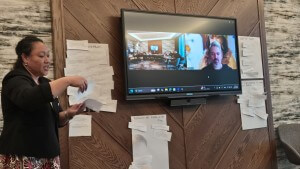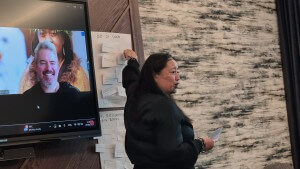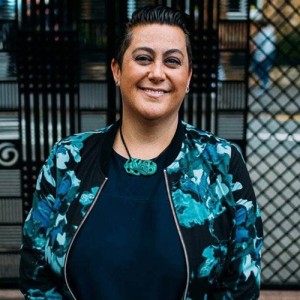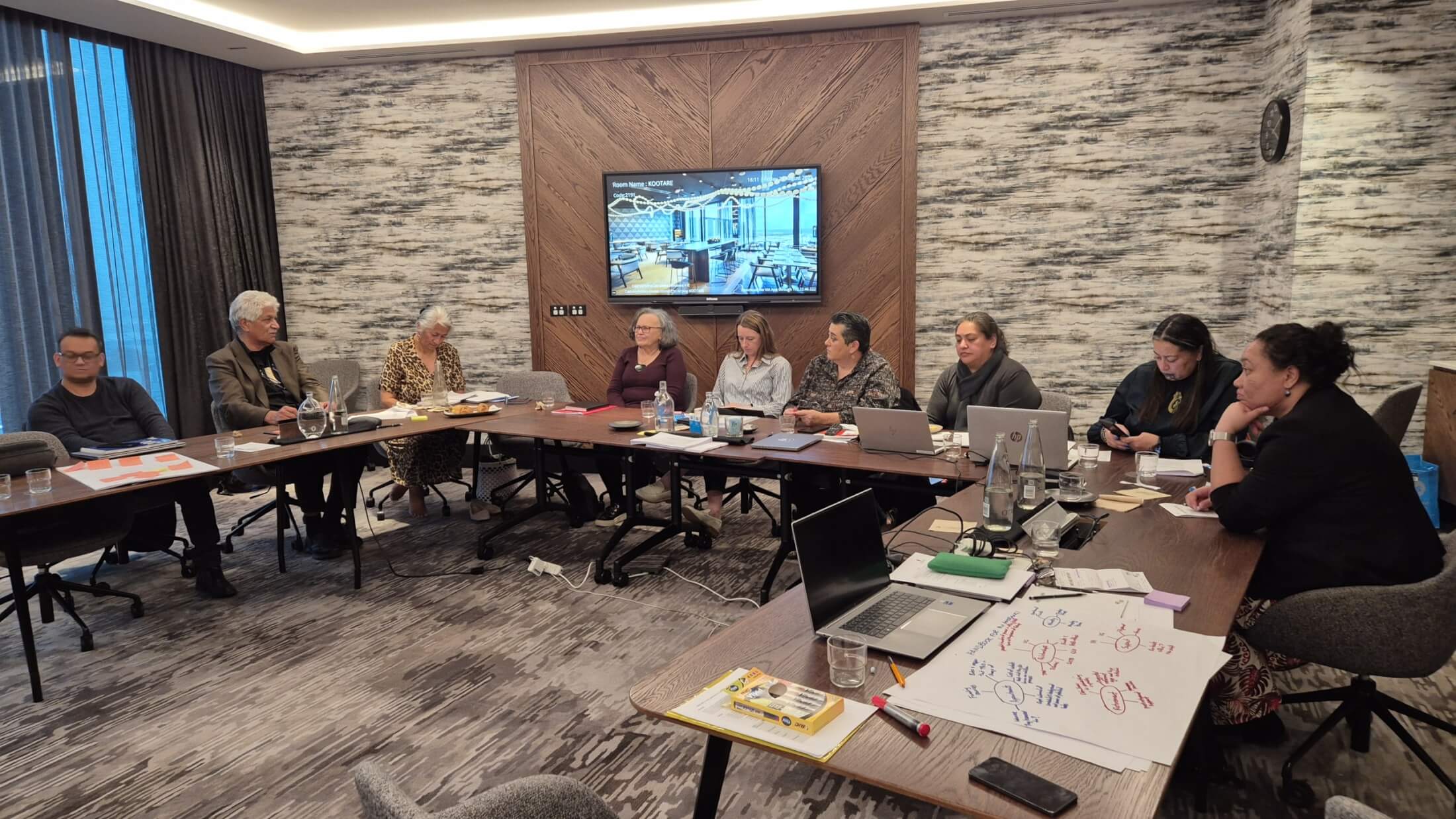Ko te Amorangi ki Mua (the Commission on Episcopal Leadership) is progressing in its development of a tikanga-led electoral process in the lead up to Te Rūnanganui in December.
The Commission met in Auckland in late August to reflect on progress to date and confirm priorities leading into the biennial hui in Taranaki.
Electoral College focus
The most urgent work identified was the need for clear electoral college processes ahead of the upcoming episcopal elections in Te Hui Amorangi o Te Manawa o te Wheke and Te Hui Amorangi o Te Waipounamu. The Commission is committed to designing a tikanga-led process that standardises key elements of electoral colleges, while allowing for local adaptations and expression of relevant iwi kawa and tikanga within each respective hui amorangi.
To support the process, the Commission will also develop a description of the ‘’real life’’ requirements of the office of pīhopa, now and into the future, including tikanga, pastoral, administrative, and theological dimensions. This will support electoral colleges as well as prospective candidates in their discernment processes.
As part of the design process, Commission members will wānanga with representatives of hui amorangi to incorporate their views and feedback prior to recommending adoption of the new process at Te Rūnanganui.

Practical guidelines for hui amorangi to support pīhopa
In parallel, the Commission is drafting practical, tikanga aligned guidelines for supporting ngā pīhopa once elected to office. This will cover induction, training, stipends, pastoral care, sabbaticals, and retirement pathways.
A discussion was had around creating a dignified retirement process for pīhopa, and long-serving clergy, that will formalise and standardise post-career support.
While these would not be mandatory, they would provide hui amorangi with a set of expectations and considerations for supporting ngā pīhopa and their whānau.

Principles
To underpin all this work, the Commission is considering the development of a set of principles that reflects the tikanga of Te Hāhi Mihinare and the relationship between the Bishop of Aotearoa and Hui Amorangi bishops. Given its complexity, this work will likely extend beyond this December’s meeting of Te Rūnanganui.
The meeting also allowed the Commission to assess other matters raised for consideration and delegate for other church bodies to lead as part of a wider leadership review for Te Hāhi Mihinare.
Established by Te Rūnanga Whāiti in 2023, the Commission’s name is drawn from the whakataukī “Ko te Amorangi ki mua ko te hapai o ki muri” (“Let God be your spearhead and the people will support”). The Commission has a broad mandate to advise how the church can better support ngā pīhopa (bishops) and their whānau, recognising their vital roles in teaching, sacramental leadership, governance, and mission.
Membership
COEL is chaired by Professor Khylee Quince (Ngāpuhi, Te Roroa, Ngāti Porou, Ngāti Kahungunu) and comprises ten members: five appointed by Te Pīhopa o Aotearoa for subject expertise and five Amorangi appointees. Following Ven. Dr. Lyndon Drake’s departure to the United Kingdom, Te Rūnanga Whaiti has appointed Mere Mangu from Te Hui Amorangi ki te Tai Tokerau to the Commission. Members are listed here.
Commission Chair: Khylee Quince

